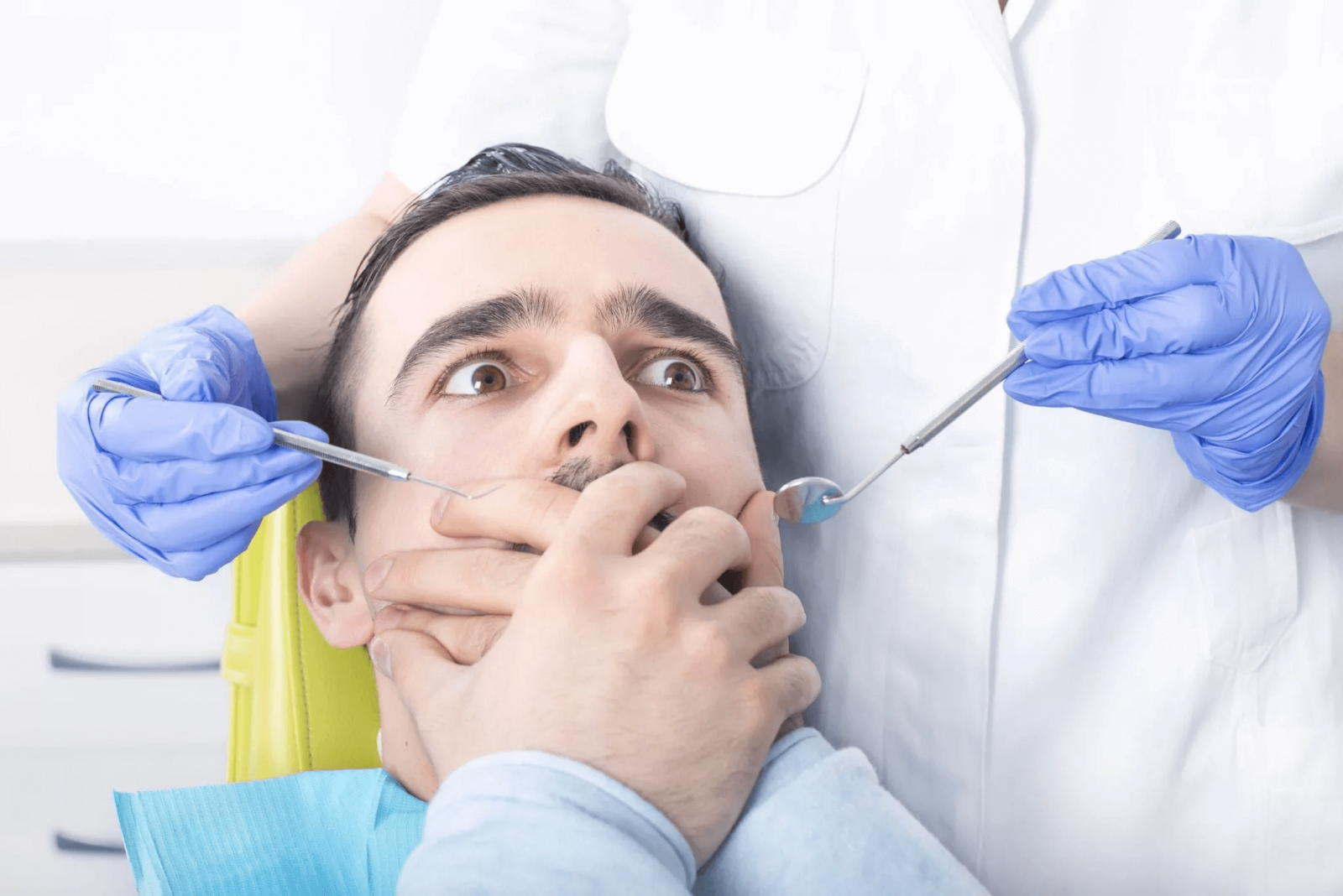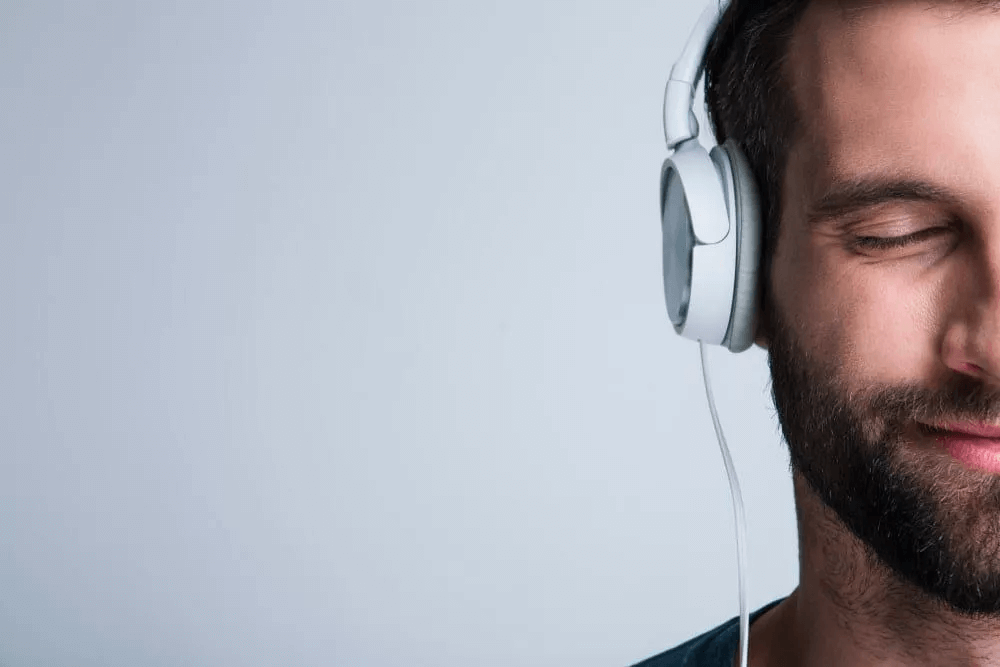Did you know that approximately 9-20% of Americans avoid going to the dentist for regular checkups and cleanings because of dental fears? Unfortunately, dental fear is a very real problem for a large amount of Americans. Because of dental fear, many Americans do not visit their dentist as often as they should, and some people will even avoid dental visits altogether until they are in severe pain.
The American Dental Association recommends visiting Fedorciw, Massoumi, & Kolbig of Cromwell, CT at least once every six months for your regular dental checkups and professional teeth cleaning. Extensive research has been done on this topic and it has found that regular dental checkups can reduce the risk of dental issues, most commonly tooth decay and gum disease. When patients begin to miss these appointments because of dental fear, they are inadvertently putting their oral health at risk.
Because we at Fedorciw, Massoumi, & Kolibig care about our patients and how they feel, we would like to explore this issue of dental fear and provide strategies for our patients to use in an attempt to assuage any anxieties about their dental visits. We hope that by addressing the issue of dental fear, our patients will feel more comfortable about their dental visits.
First and foremost, dental fear can occur as dental anxiety or dental phobia. Dental anxiety can range from mild to severe, and can include such symptoms as: trouble sleeping before appointments, shortness of breath, increasing feelings of nervousness, rapid heart rate, and crying or becoming physically ill before or during the appointment.

Dental phobia, on the other hand, is a severe form of dental anxiety that usually results in the avoidance of the dentist altogether. People with dental phobia are said to have an anxiety disorder that cannot simply go away by ignoring it. In fact, the Diagnostic and Statistical Manual of Mental Disorders recognizes dental phobia under the “mutilation” category of specific phobias. With true dental phobia cases, patients will usually need to seek help from a licensed mental health professional to address their symptoms.
Regardless of whether a patient is suffering from dental anxiety or dental phobia, the source of their fears can be similar. While their reactions may differ, many patients share a lot of the same types of fears about the dentist. Namely these are fear of the dentist, pain, needles, sights and sounds, numbness or gagging, invasion of personal space, being helpless, and feelings of embarrassment.
A specific fear of the dentist as an individual is generally derived from either a bad experience with a past dentist or preconceived notions of what dentists are like. A single bad experience with a dentist can unfortunately ruin someone’s idea of what all dentists are and can cause severe anxiety about dental appointments. On the same token, many people incorrectly believe that dentists are cold, uncaring, or even sadistic. Whether you recognize these ideas or not, they may be embedded somewhere in the back of your mind and are actively contributing to your dental fear.

Instead of focusing on past bad experiences, or your assumptions of what dentists are, you should instead focus on building a good relationship with our dentists. Our dentists are caring, patient, and willing to do whatever they can to make your experience more enjoyable. Communicating your fears and anxieties is important because it lets our dentists know how to proceed to give you a positive experience.
Another common fear people have is the fear of pain. This is a valid fear as there were times when dental treatments were not very pleasant. However, nowadays this has changed drastically and dental treatments are more comfortable than ever thanks to dental anesthetics. Although there may be periods of brief discomfort, the pain is rarely considered excruciating. Also, in cases that may be more uncomfortable, dental sedation can be used so you are not aware of anything.
Going along with the fear of pain comes the fear of needles or injections. This is a common fear for a lot of people because needles and injections cause brief sensations of pain. Luckily, our office uses Kovanaze, which is a needleless dental anesthetic that is absorbed through the nasal passageway.
Still, the sights and sounds of a dentist’s office can be enough to upset some people. In fact, the majority of dental patients experience some level of anxiety at the sound of the dental drill. To remedy this, some dentists provide headphones for their patients to listen to music, or you can also bring your own to drown out any unpleasant sounds. Additionally, our office has been designed to have a warm aesthetic and we even have potted plants in patient rooms.

The fears of being numb, gagging, or being helpless are some other common fears about dental visits. Many patients do not like feeling helpless during their appointments, and being numb can make them feel like they don’t have control. Furthermore, not being able to control gagging sensations or feeling like it is hard to breathe can be other causes of concern. When combating these issues, it is important to be honest with your dentist and they will return the favor. Although being numb can make you feel helpless, it will keep you comfortable and will reduce the gag reflex.
Finally, some people are not fond of the physical closeness that dentistry requires and they may even have feelings of embarrassment over their mouth or breath. Although physical proximity can be undesirable, it is important to remember that it is essential for our dentists to get a good look at everything. It is also important to remember that they do this for a living and are more than accustomed to looking in people’s mouths all day. Even though it may seem odd to you, it’s just another day for them.
Although we’ve discussed some of the more common causes of dental fears and their solutions, there may be an issue that we did not cover. This is simply because everyone is an individual and has their own way of perceiving things and their own fears. Because of this, we encourage you to speak with our dentists about your personal anxieties if you have any.
One of the best ways to combat dental fear is to first admit you have it and then to take small steps to confront it. Speaking with your dentist about the specific nature of your fears is one way to accomplish this. In notifying our office that you have anxieties about visiting the dentist, we can take special measures to ensure you feel better about your dental appointment.
Do you have dental anxiety? Schedule a consultation with Fedorcwi, Massoumi, & Kolbig of Cromwell, CT today for anxiety-free dentistry.




